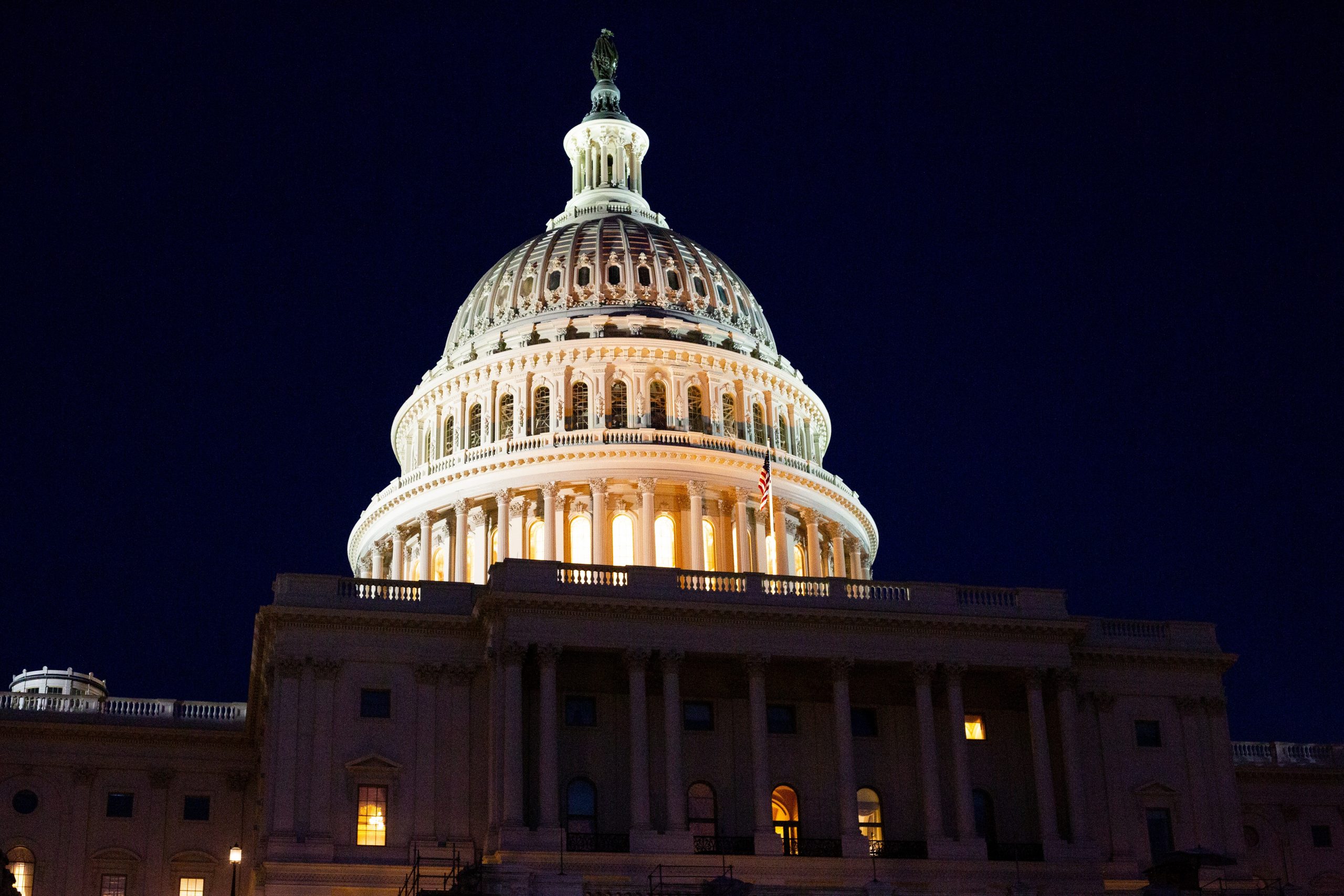A new House reconciliation bill adds new language that could open a path to permanent residency for highly skilled immigrants without waiting for their priority date to become current.
The new bill, known as H.R. 5376 “the Build Back Better Act,” is the latest initiative backed by the Biden administration to strengthen the middle class and enhance economic ingenuity. Interestingly, the bill provides a framework that would improve and reform our immigration system with particular benefits for highly skilled immigrants.
If passed section 60003 of the reconciliation bill would exempt an alien (and the spouse and children of such alien) from the numerical limitations described in the employment-based immigration section of the Immigration and Nationality Act, and allow the alien and any follow-to-join dependents to adjust their status to permanent residence provided such alien submits or has submitted an application for adjustment of status and . . . is the beneficiary of an approved petition . . . that bears a priority date that is more than 2 years before the date the alien requests a waiver of the numerical limitations; and pays a supplemental fee of $5,000.” (Emphasis added.)
If passed these legislative measures would be extremely beneficial to highly skilled workers because it would allow employees in the visa backlogs to file for adjustment of status without waiting for a priority date to become available. Following this proposal, once a labor certification application would be approved by the Department of Labor, an employee could be eligible to file his or her I-485 adjustment of status application concurrently with his or her I-140 petition for alien worker and apply for temporary work authorization while the applications would remain pending with USCIS.
The House reconciliation bill would also allow family-based immigrants inside the United States to gain permanent residence outside the numerical limits if their priority date is “more than 2 years before” and the individual pays a $2,500 supplement fee. EB-5 category (immigrant investor) applicants would need to pony up a $50,000 supplement fee. The provisions to pay a supplemental fee to receive a green card outside the numerical limits would expire on September 30, 2031.
These provisions would mostly benefit professionals in the employment-based immigrant preference categories, many of whom are working in the United States in H-1B status. Family-sponsored immigrants and individuals in the EB-5 category would benefit to a lesser extent by this proposal because such individuals are less likely to be inside the United States and therefore would not have the ability to apply for adjustment of status. However, it is still a beneficial provision for those lawfully inside the United States on another visa type.
The reconciliation bill also includes a provision that would recapture immigrant visas in family and employment-based categories that went unused between FY 1992 and FY 2021. Researchers have suggested that the addition of this provision could add more than 220,000 employment-based green cards to the pool of immigrant visas.
The bill would also safeguard green cards for Diversity visa winners by keeping them available to aliens who could not enter the United States due to the Trump administration’s issuance of Executive Orders 13769, Executive Order 13780, Presidential Proclamation 9645, Presidential Proclamation 9983, as well as due to restrictions or limitations on travel with respect to COVID-19 related travel restrictions.
Of this new measure, House Judiciary Committee Chairman Jerrold Nadler (D-NY) stated, “After decades of inaction, the immigration provisions included in President Biden’s Build Back Better framework will provide a vital investment in human infrastructure that reflects our commitment to a stronger U.S. economy and a vibrant future for all Americans. Our immigrant workforce has played an essential role in our society, especially throughout the COVID-19 pandemic, and we cannot fully recover our economy without their contributions. With this framework, Congress is taking a key step forward in our effort to modernize our immigration system, and there is no doubt that our country will benefit from the resulting economic gains for decades to come.”
As with other immigration measures, the bill will be contested in the United States Senate and will need majority approval from both Houses of Congress before it can become law. Other measures attempting to create residency options for Dreamers and highly skilled immigrants have been shot down and rejected by the Senate Parliamentarian. Democrats continue their attempts to push legislative action that would make its way through Republican scrutiny. It is interesting that this bill in particular looks to push immigration reform but this time to positively impact legal immigrants instead of undocumented immigrants. We will be monitoring the status of this bill as it moves forward and report further on its potential to become law.
Conclusion
Want more immigration updates? Subscribe to our YouTube Channel to watch attorney Jacob Sapochnick discuss the latest news in the world of immigration. Be sure to check out our helpful links below.
Helpful Links
- H.R. 5376 Build Back Better Act
- Biden Announces the Build Back Better Framework
- Chairman Nadler Statement on Immigration Provisions in the Build Back Better Framework
- Law Offices of Jacob Sapochnick YouTube Channel
- DOS U.S. Visa Updates
- November 2021 Visa Bulletin
- NVC Immigrant Visa Backlog Report
- List of Embassies and Consulates
- Youtube channel
Questions? If you would like to schedule a consultation, please text 619-569-1768 or call 619-819-9204.
JOIN OUR NEW FACEBOOK GROUP
Need more immigration updates? We have created a new facebook group to address the impact of the new executive order and other changing developments related to COVID-19. Follow us there.
For other COVID 19 related immigration updates please visit our Immigration and COVID-19 Resource Center here.
 Visa Lawyer Blog
Visa Lawyer Blog


